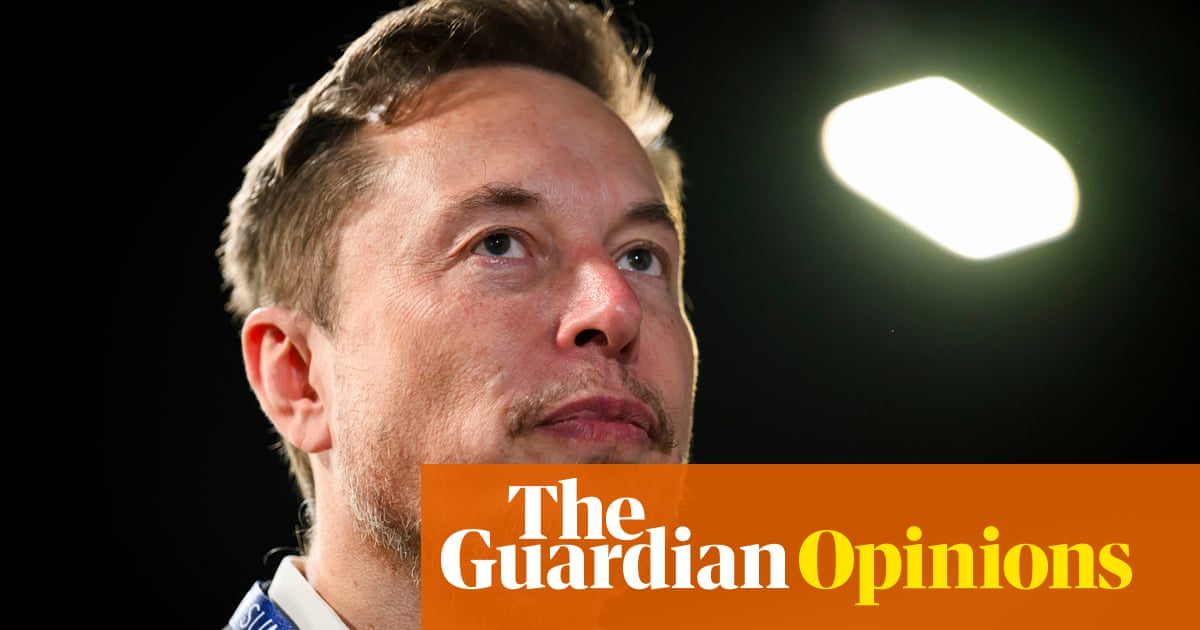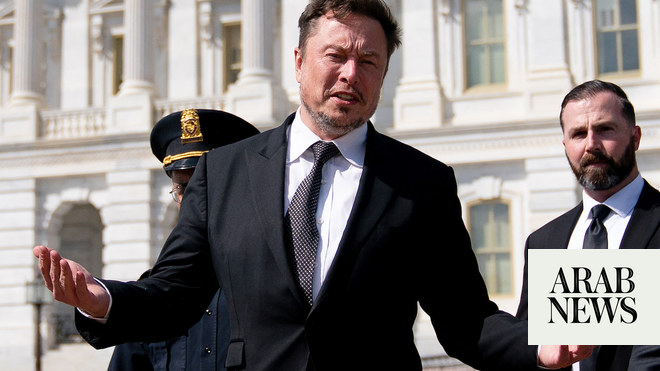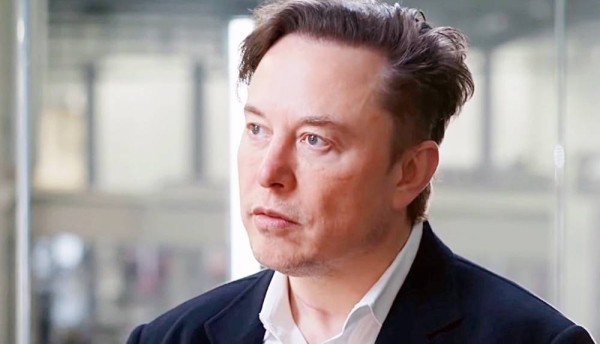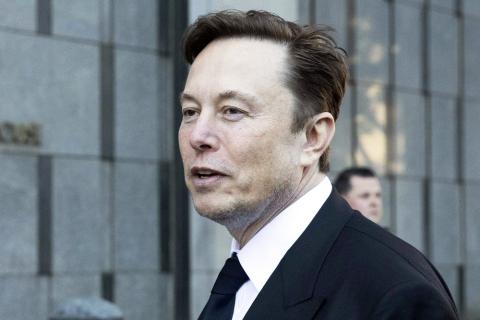
When you’ve done as many awful things as Elon Musk has, it’s challenging to outdo yourself. But the billionaire entrepreneur pulled that off this week with his endorsement of a blatantly antisemitic screed.
“You have said the absolute truth,” Musk responded to a social media post that read: “Jewish communities have been pushing the exact kind of dialectical hatred against whites that they claim to want people to stop using against them.”
The post that Musk supported also mentioned “hordes of minorities” pouring into western countries – a sentiment consistent with the antisemitic conspiracy theory that Jews hope to increase undocumented immigrants in order to diminish white majorities.
This “replacement theory” – a central tenet of white supremacy – has inspired multiple acts of terror in recent years. It was the notion, for example, espoused by the shooter in the deadliest attack on Jews in US history, the 2018 massacre at Pittsburgh’s Tree of Life synagogue. The gunman in the racist attack on the Black community at a Buffalo supermarket last year left behind on online screed that echoed the same twisted idea.
Musk’s endorsement thus goes into the classic category of shocking but not surprising. Since he took over X – formerly known as Twitter – last year, and began its swift ruination, his platform has reinstated notorious purveyors of hate speech who earlier had been banned, and he himself has amplified conspiracy theories and questionable information.
His promotion of antisemitic and racist talking points last year even earned the disgusting praise of the neo-Nazi Andrew Anglin, editor of the Daily Stormer, who gushed: “It is very powerful to have the richest man in the world – who people also say is a genius – coming in hot like this against the Jewish agenda.”
Anglin, despite the horror of everything he stands for, is correct about one thing: Musk’s message is powerful. It has the power to harm.
The CEO of Tesla and SpaceX has a huge, cultlike following. And now, with his control of X, he can elevate the hateful speech of others and target those he opposes.
Musk, who has said in follow-up posts that he doesn’t blame all Jewish communities, aims some of his harshest criticism at the Anti-Defamation League (ADL), the advocacy group that combats antisemitism. Its CEO, Jonathan Greenblatt, warned this week of the likely real-world effects: “At a time when antisemitism is exploding in America and surging around the world, it is indisputably dangerous to use one’s influence to validate and promote antisemitic theories.”
Both antisemitism and Islamophobia have escalated significantly worldwide since 7 October, when the war between Israel and Hamas erupted. In France alone, more than 1,500 antisemitic incidents – including vandalism, harassment and physical assaults – have been recorded in recent weeks, prompting nearly 600 arrests, according to the Jerusalem Post.
Musk has shown his true colors many times before. In May, he trashed George Soros, the philanthropist and Holocaust survivor who is often a target of antisemitism, saying he “wants to erode the very fabric of civilization. Soros hates humanity.” (Soros had sold his Tesla stock.)
Last fall, Musk responded to a tweet mourning the burning of a statue in Charlottesville, Virginia, of Robert E Lee, the Confederate general.
“They absolutely want your extinction,” Musk tweeted sympathetically to a purported relative of Lee’s. He apparently saw his usual demon – anti-white racism – behind the statue being melted down. He doesn’t get the real reason: that it’s wrong to keep celebrating the US’s racist past and glorifying those who would have perpetuated slavery.
The respected civil right lawyer Sherrilyn Ifill blasted Musk at the time, calling his words “reckless instigation”.
Musk is reckless. He’s like an oversized toddler throwing an endless fit of pique. His impulsiveness – along with his willful, and often hateful, misunderstanding of history – would be troubling at any time.
But right now, when the world is such a tinderbox, playing with kerosene and matches is downright dangerous.
Margaret Sullivan is a Guardian US columnist writing on media, politics and culture












